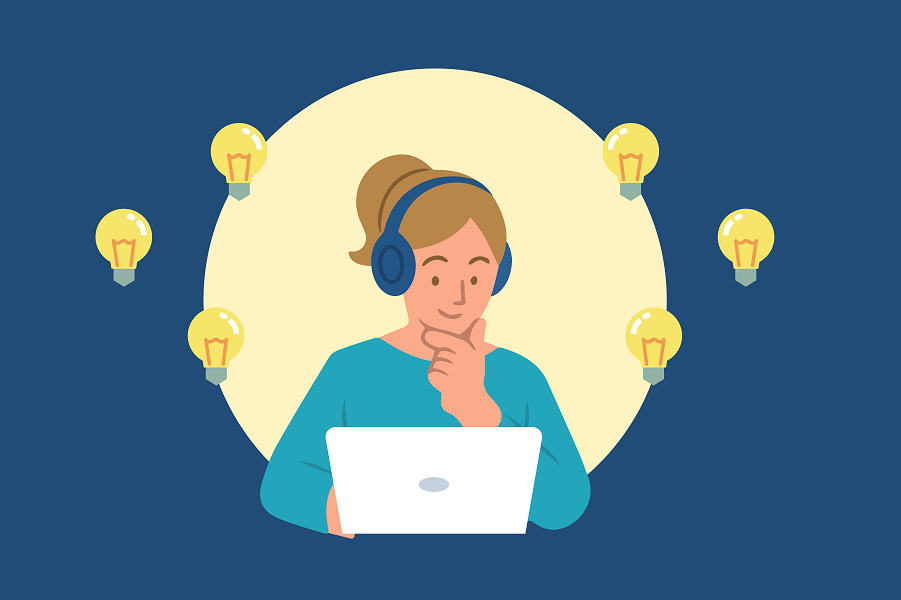
Published :
Updated :

Forgot about the topic within minutes of wrapping up a lively chat? It actually happens to a lot of us. This is more due to a lack of concentration than anything else.
However, concentration is critically linked with memory. The brain cannot process and recollect things if we do not concentrate properly.
Gradual deterioration of memory and concentration is inevitable, especially after 60. Minor lapses can happen at any age and should not be that serious.
Additionally, there are several things we can practice to enhance our concentration and memory.
Lifestyle changes, e.g., avoiding smoking and alcohol, limiting processed food and excess sugar, and being mentally active, are important.
A balanced diet rich in salmon, tuna, mackerel or any fish rich in Omega-3 fatty acids helps. Foods containing whole grains and antioxidants can facilitate better brain function. Green leafy vegetables, nuts, berries etc., can boost memory.
Caffeine and chocolates may be good for the brain too. A 2014 study by researchers from Johns Hopkins University showed that caffeine intake after a memory test increased long-term memory.
Another study conducted at the University of Reading, UK, revealed cocoa flavonoids in dark chocolate benefit our cognitive function. But moderation is required for these.
Exercise is an important tool to keep us sharp. Based on the researchers' findings from Sangmyung University, Korea, aerobic exercises like dancing, swimming, running or brisk walking increase blood supply to the neurons, slowing the rate of brain degeneration and cognitive deterioration as we age.
Our mind needs to be relaxed to help us focus and retain information. So, stress removal techniques can help. Meditation is one of those, and studies support that.
Yoga is another option, as mentioned in a review of 11 studies from the University of Illinois researchers. And we must not forget about sleep and try to shut our eyes for at least 7 hours every night.
Learning a new language? Sure, we can do that. The brain is like a muscle; you must challenge it to grow. It's not just learning a language but acquiring any new skills, e.g. cooking, playing music etc., will stimulate our neurons.
Crosswords and puzzles are also great ways to improve our concentration and memory.
There are many mental exercises which offer the same benefit. Based on the study finding of Lumos Labs, California, doing it only 15 minutes a day is enough to improve memory and problem-solving capabilities.
What shouldn't we do? Multitasking! Some may think of themselves as masters of multitasking, but it's not good for concentration. It takes about 25 minutes to get full concentration, and doing multiple tasks at once makes it worse.
Humans are social beings. Living cooped up inside our homes does not do us any good. Social networking, meeting people, seeing new places and exploring different cultures all play an important role in enhancing our memory and, by default, concentration as well. So we need to get out and immerse ourselves in the social fabric.
Memory and concentration problems make us feel like we are losing our grip on reality. But we can work on it and ensure our cognitive functions are getting tuned regularly.
However, if the problems are serious enough to hamper our daily lives significantly, it may be time to consult a doctor.
imtiazdmc@gmail.com


 For all latest news, follow The Financial Express Google News channel.
For all latest news, follow The Financial Express Google News channel.